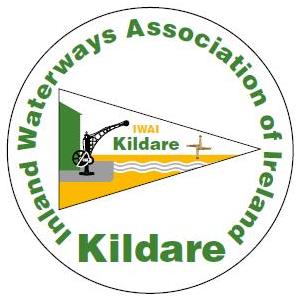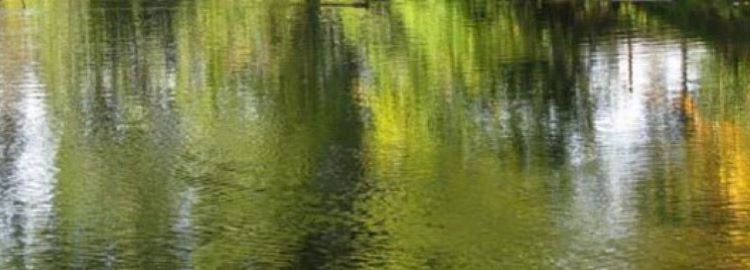May Bank Holiday water safety appeal from the Coast Guard, RNLI and Water Safety Ireland
As the May Bank Holiday approaches, the Coast Guard, RNLI and Water Safety Ireland are issuing a joint water safety appeal asking people to take precautions to ensure their safety, in, near or on the water, both at the coast and inland.
As the weather improves, more people will participate in coastal and water-based activities. The three organisations say that while these activities are enjoyable, they should be properly planned. As alcohol is a contributory factor in around one third of drownings in Ireland, they are also appealing to the public to stay away from waterways if alcohol has been consumed.
It is important to be summer ready and ensure that boats and other water vessels, including kayaks and canoes, are checked after the winter, to ensure that everything is in good working order and that engines have been serviced, with all equipment, particularly lifejackets, in good condition.
If out on a boat, or other water vessel, wear a lifejacket, carry a reliable means of communication – a VHF radio and ideally a Personal Locator Beacon (PLB) or Emergency Position Indicating Radio Beacon (EPIRB) with mobile phone back up. Ensure that you tell someone where you are going and when you plan to be back.
Micheál O’Toole from the Coast Guard is reminding everyone of the need to check the weather and tides before heading out on the water or visiting the coast: ‘We would advise people that the water is still cold at this time of the year, and cold water shock can affect everyone. We recommend exercising caution if entering the water for the first time this year, to wear brightly coloured swimming caps and use tow floats to improve visibility.
‘Never ever swim alone and always make sure that your activity is being monitored by a colleague. Things can go very badly wrong in a very short time, so we all need to be aware of potential dangers and be well prepared before engaging in water-based activities. ‘The Be Summer Ready website at www.gov.ie/summerready provides good advice about water safety and we would urge all those involved in water activities to take some time to read the material available on the site before venturing out on the water.’
Roger Sweeney, Water Safety Ireland’s Deputy CEO said: ‘Swimmers should be aware of rip currents which are a leading hazard at our beaches. They are often difficult to spot and can quickly weaken even the strongest swimmers and take them away from shore. Never swim against a rip current. Instead, swim parallel to shore until you escape the narrow current and then swim back to shore at an angle. Learn more at www.watersafety.ie/rip-currents.’
Killian O’Kelly, RNLI Water Safety Education Manager, added: ‘If you’re going out on the water using a stand-up paddleboard, sit on top kayak, or personal watercraft, it is important to consider the direction of the wind. Offshore winds, i.e., winds blowing out to sea, are not suitable for these activities as they can push you further out to sea. Plan your route considering sheltered locations, wear a personal flotation device and have a suitable means of contact on your person that is easily accessible in any emergency.
‘If you see somebody in trouble on the water or along the coast, or think they are in trouble, dial 112 or use VHF radio CH 16 and ask for the Coast Guard.’
Ends
RNLI media contacts
For more information, please contact Nuala McAloon, RNLI Regional Media Officer on 087 648 3547 or email Nuala_McAloon@rnli.org.uk or Niamh Stephenson, RNLI Regional Media Manager on 087 1254 124 or Niamh_Stephenson@rnli.org.uk
RNLI online
For more information on the RNLI please visit rnli.org. News releases and other media resources, including RSS feeds, downloadable photos and video, are available at the RNLI News Centre rnli.org/news-and-media.
Key facts about the RNLI
The RNLI is the charity that saves lives at sea. Its volunteers provide a 24-hour search and rescue service around Ireland and the UK. The RNLI operates 46 lifeboat stations in Ireland. The RNLI is independent of government and depends on voluntary donations and legacies to maintain its rescue service.
Since the RNLI was founded in 1824, the charity has saved over 142,200 lives.
Royal National Lifeboat Institution (RNLI), a charity registered in England and Wales (209603), Scotland (SC037736), the Republic of Ireland (20003326), the Bailiwick of Jersey (14), the Isle of Man, the Bailiwick of Guernsey and Alderney of West Quay Road, Poole, Dorset BH15 1HZ


